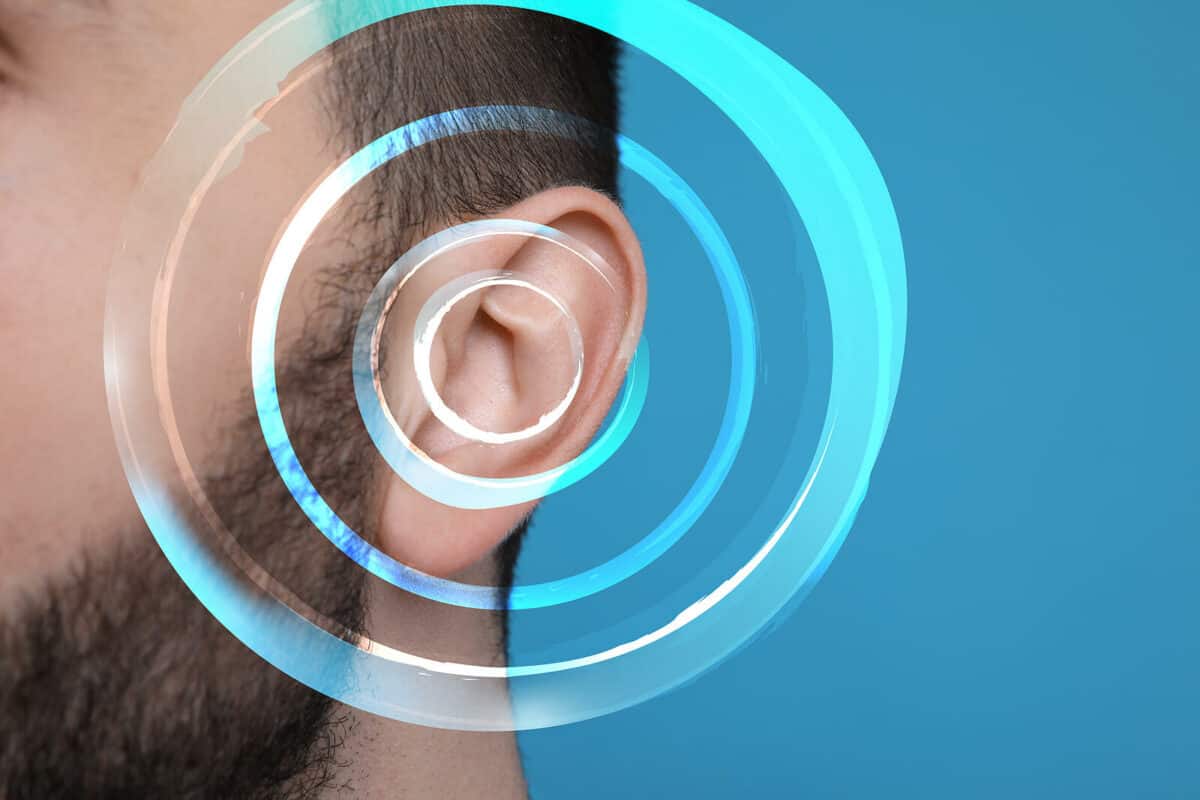More than 45 million Americans struggle with tinnitus which makes it one of the most chronic health conditions in the U.S. While anyone can develop tinnitus, some are at a higher risk, and one of those risk factors is hearing loss. Another risk factor is noise exposure. We can help with hearing loss, and we also can help with custom devices.
Males seem to get tinnitus more often than females. An article in the American Journal of Medicine about tinnitus speculates that male statistics are higher than females because there are still more males in employment fields such as construction, manufacturing, and military service, where tinnitus is common.
Tinnitus is more prevalent in adults between the age of 60 and 69. This is likely because there has been a significant time for there to be noise exposure, and there is also a chance that age-related hearing loss is present.
Tinnitus sufferers have a higher incidence of depression, may encounter memory problems, and impair their ability to concentrate and sleep.
Common strategies for managing tinnitus
Tinnitus can’t be “cured,” per se, but it can be managed. Tinnitus can be an extreme burden on those who suffer from it. They may feel anxious, stressed, and isolated from others who don’t understand the problem. When untreated hearing loss overlaps with tinnitus, it can exacerbate both issues.
Many times, it takes a combined strategy to quell the problem. Exercise does reduce stress, and stress can increase the problems an individual has with tinnitus. Tinnitus may cause sound sensitivity and irritability, which may cause some people to withdraw from social situations. This is counterproductive because the distraction of social interaction can lessen tinnitus symptoms. Some find support groups helpful.
Individuals should understand that each case is different and what some find works as “white noise” distraction could be extra irritating for another individual with tinnitus. For example, bicyclists have reported the wind whistling past their ears covers up the tinnitus, while others report it increases the problem.
Biofeedback as a relaxation technique has proven helpful for some. It helps manage stress and anxiety by helping you become more attuned to how your body reacts in certain situations. This can help you control your reactions and ease tinnitus problems.
Hearing aids can help your tinnitus.
Very often, hearing aids can help with tinnitus symptoms because they enhance the volume of outside sound, which decreases the internal sound from tinnitus. One survey of health professionals noted that 60% of their patients reported some tinnitus relief when wearing hearing aids, and at least 22% reported what they would call significant relief.
Some hearing aids have specific tinnitus relief technology. They can be programmed to soothe a person’s specific type of tinnitus noise irritating. They can feed subtle white noise into a wearer’s ears to offset the tinnitus noise.
One model will let wearers choose nature-inspired sounds like waves on a beach or rain. Tinnitus seems to be worse for many when there is no external noise so having hearing aids that will offer therapeutic static or wave noise is very helpful. The so-called static or white noise is designed to merge with the tinnitus sounds and distract from the irritation. Volume can be pre-set, and specific models of hearing devices can be programmed to “remember” your settings.
While you are the only one hearing the tinnitus noise, you are also the only one hearing the therapeutic sounds from your hearing aids, so it’s a very discreet type of treatment that will allow you also to hear what is happening around you.
Come and see us!
Treating your hearing loss may also help with your tinnitus, so call today for a hearing test and consultation. Our team will do a thorough examination to help determine if you should be referred to a physician because an underlying medical condition might be causing the problem. We can then go through the various hearing aid models and what they offer as a tinnitus relief.

